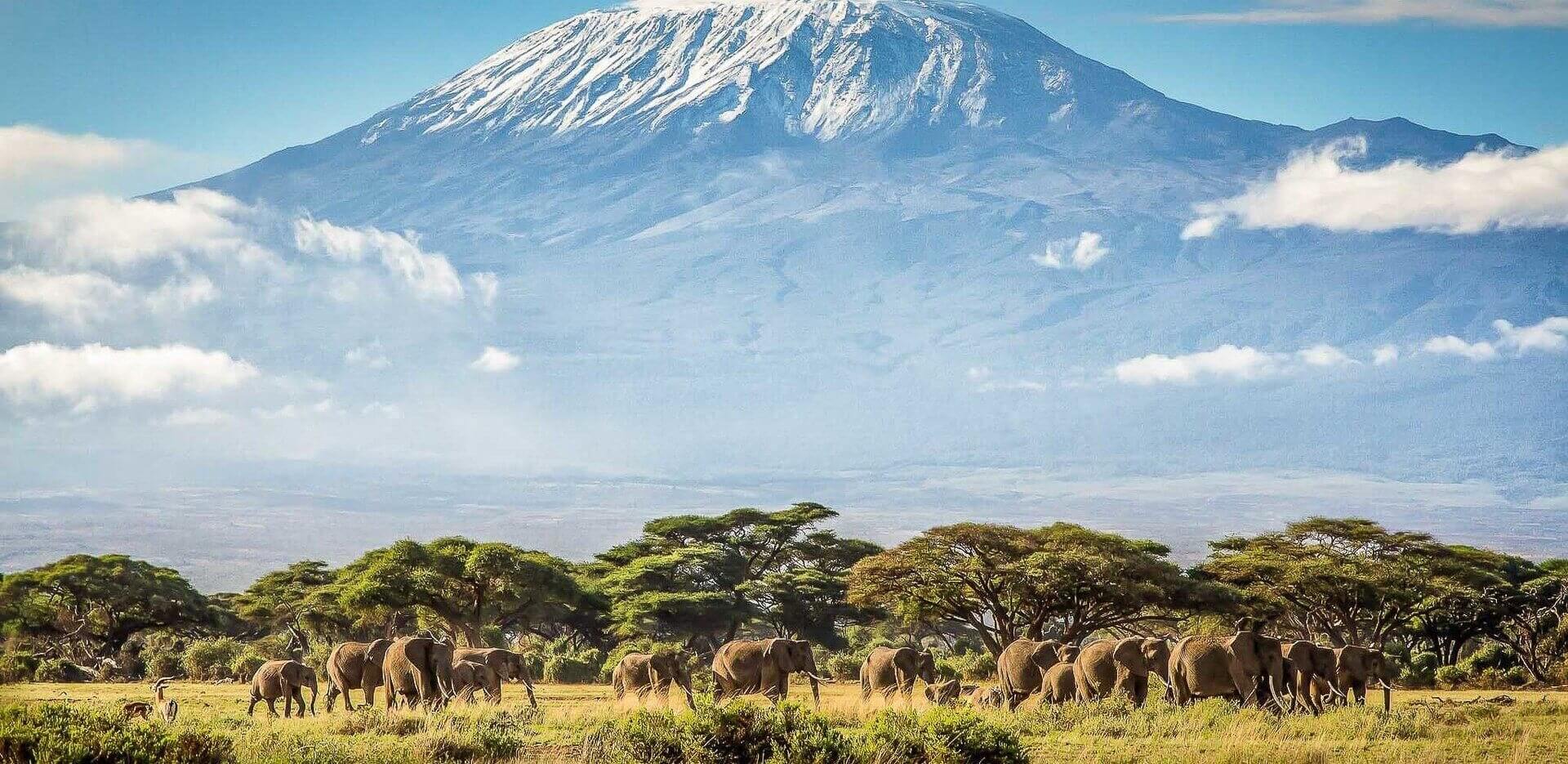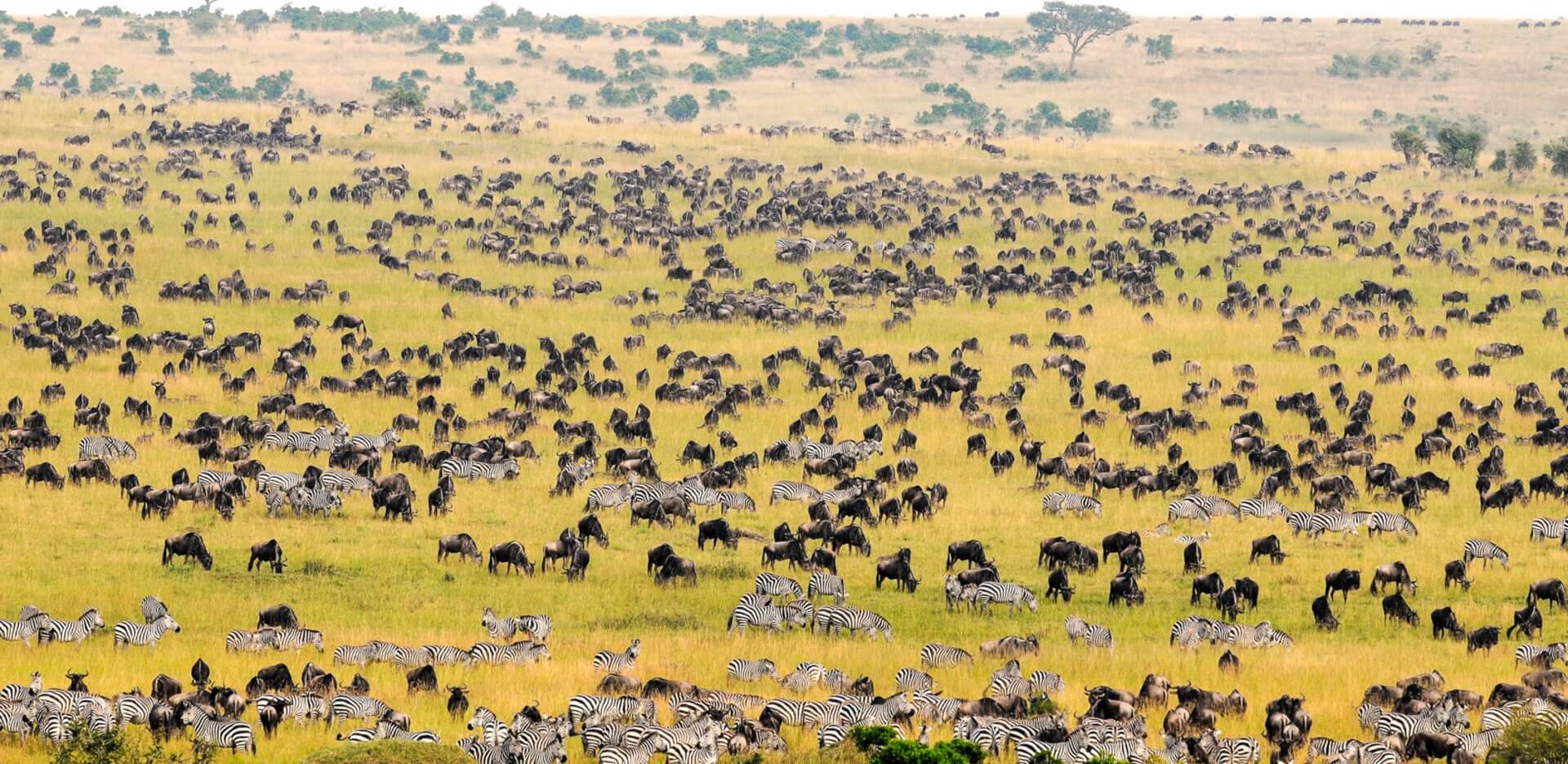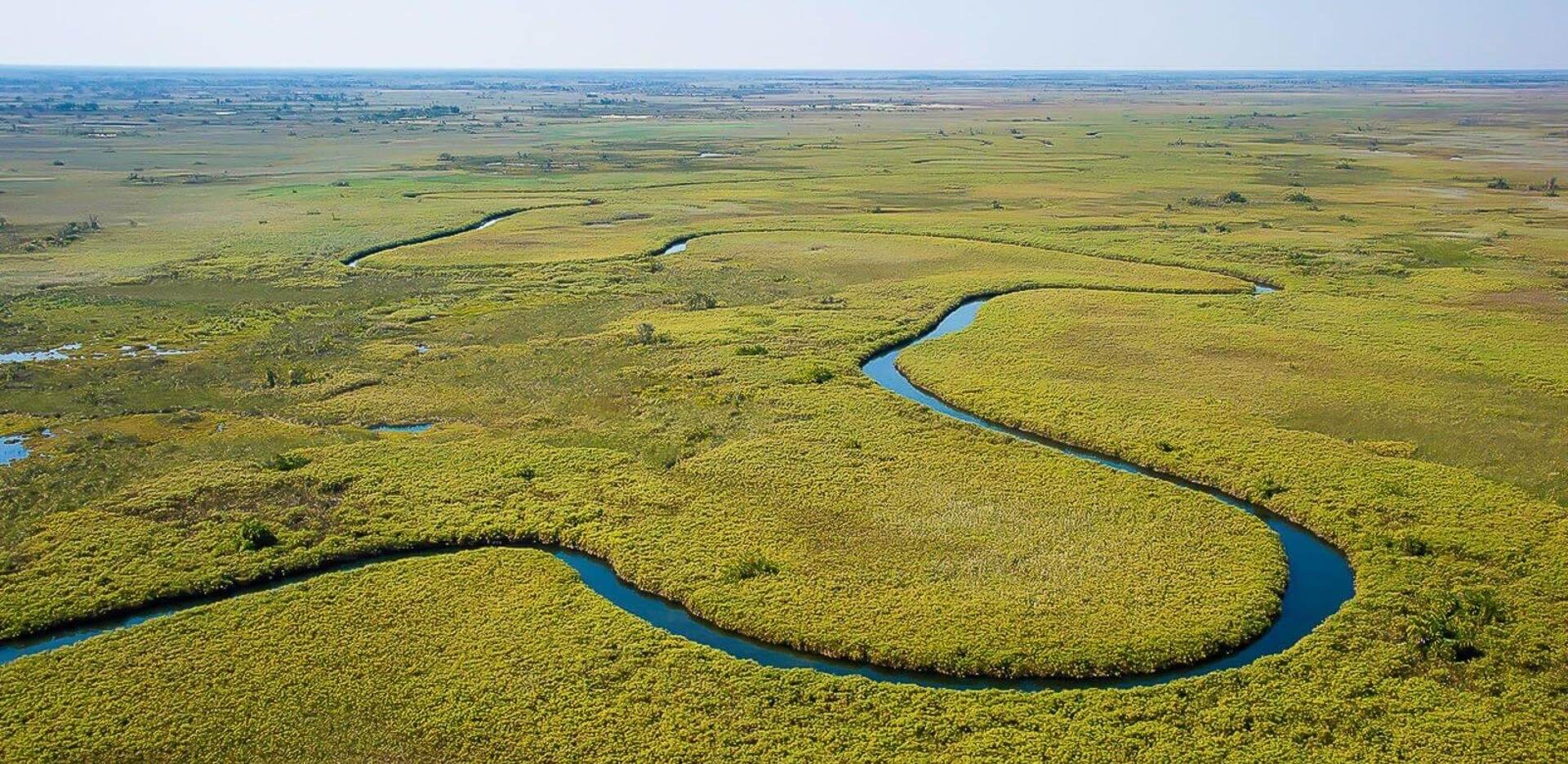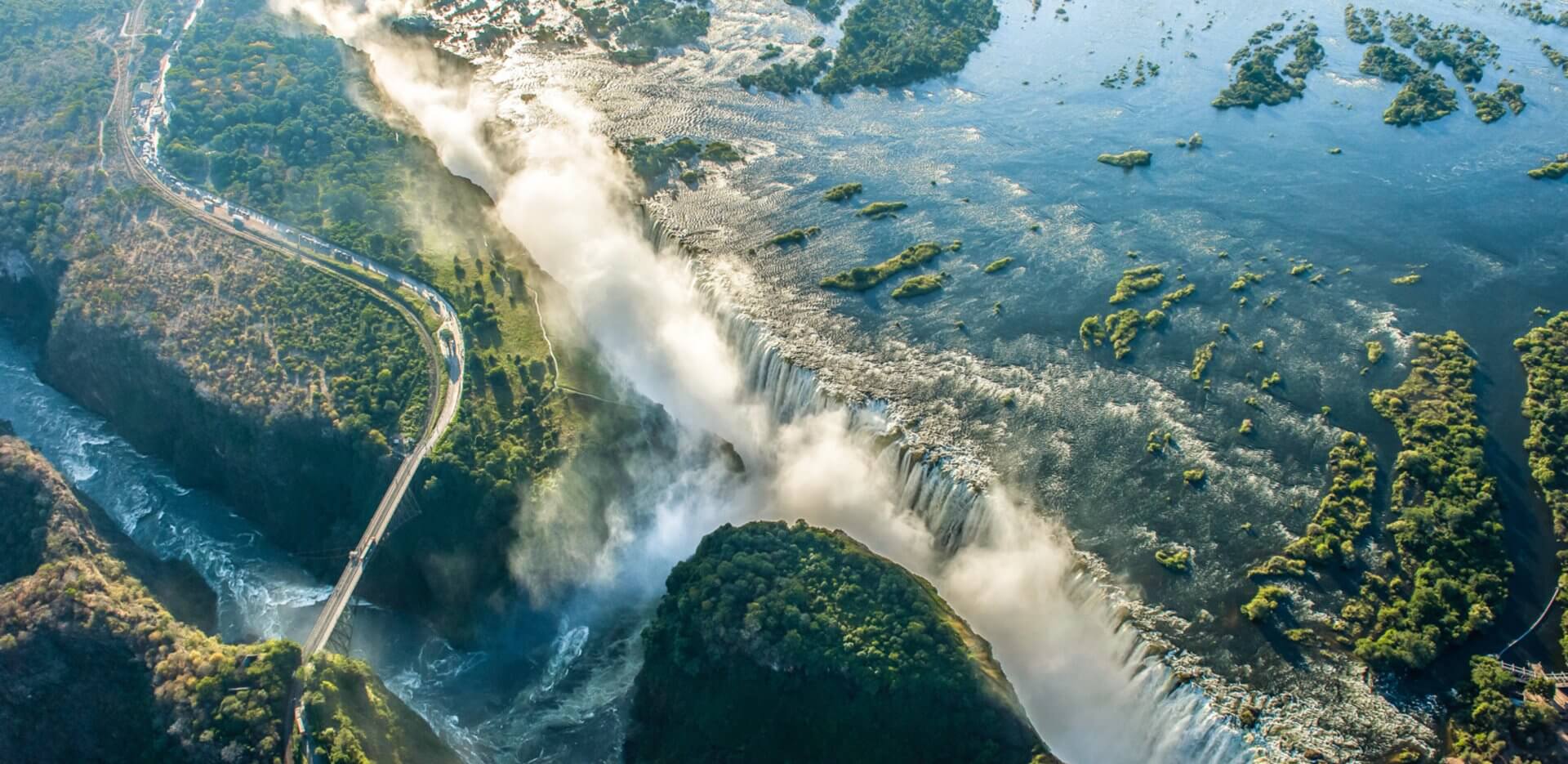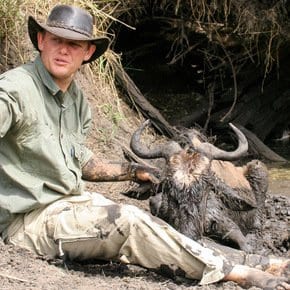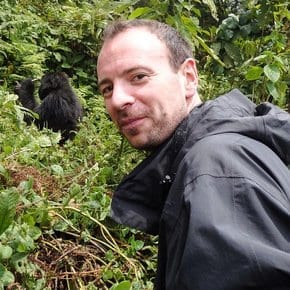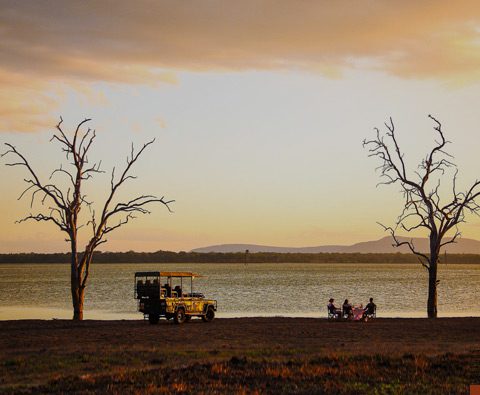
Honeymoon Safari
May 19, 2021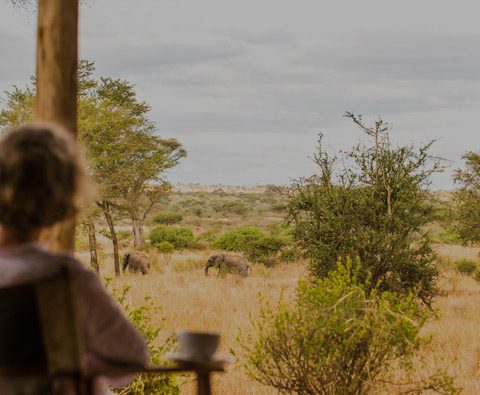
Private Safari
May 19, 2021
Honeymoon Safari
May 19, 2021
Private Safari
May 19, 2021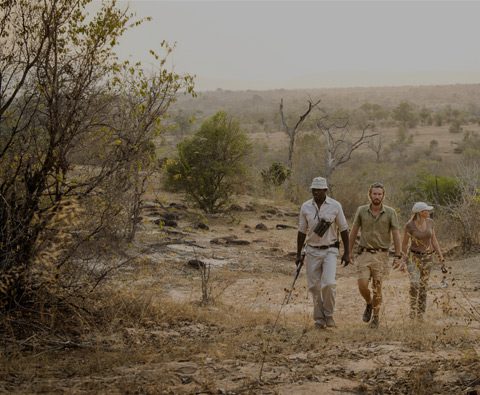

Fair Trade Tourism
Tailormade Africa is an approved Fair Trade Tourism tour operator, which means that we actively support sustainable businesses certified under the Fair Trade logo. It's all about sustainability and having a positive impact on the environment.
We are one of only two tour operators in the UK that have taken on this important mantle of being fully Fair Trade Tourism certified. Many people travelling to Africa are, rightly, very concerned about the impact that their trip will have on the local communities, wilderness areas and conservation as a whole and whether or not they will be safe on their adventure to this incredible continent. While you can be assured that all of the destinations we support are safe and, to some degree, have programmes of Community and conservation support some go above and beyond to act sustainably and have a positive impact on the environment that surrounds them, whether this is the ecological environment or the social environment.
When you see the Fair Trade Tourism best practice label you are assured that everyone you deal with in the value chain gets equal pay for equal work. This assurance is based on a large set of stringent criteria, that have been set out by Fair Trade Tourism, that the safari lodge has to adhere to, and is tested by means of a third party audit. The criteria focus on: fair wages and working conditions, fair operations, purchasing and distribution of benefits, ethical business practice and respect for human rights, culture and the environment.
If you would like to book your Tailormade Africa Fair Trade Safari, we have a range of accredited camps and lodges that we support who are eager to make you feel at home in Africa and show you their Communal and Environmental projects. In many instances, you will be able to directly support these initiatives and in doing so have an even more direct and lasting effect on the people and places you visit long after you return home.
Fair Trade Tourism FAQs
Fair Trade in Tourism is a key aspect of sustainable tourism and in essence, aims to maximise the benefits from tourism for local destination stakeholders. The aim is for this to be achieved through mutually beneficial and equitable partnerships between national and international tourism stakeholders in the destination. It also supports the right of indigenous host communities, whether involved in tourism or not, to participate as equal stakeholders and beneficiaries in the tourism development process.
There are six core principles of fair trade tourism, each one as important as the other. ‘Fare Share’ is where all participants involved in a tourism activity should get their fair share of the income, in direct proportion to their contribution to the activity.
‘Fare Say’ is where all participants involved in a tourism activity should have the right and opportunity to participate in decisions that concern them.
‘Respect’ refers to the fact that both host and visitor should have respect for human rights, culture and the environment.
‘Reliability’ is there to ensure that the services delivered to tourists should be reliable and consistent and that basic safety and security for both host and visitor should be ensured.
‘Transparency’ refers to the fact that Tourism businesses should establish mechanisms of accountability from business ownership to employee welfare and issues concerning money.
Last and certainly not least, ‘Sustainability’ refers to the fact that tourism businesses should strive to be sustainable in all they do, from supply chain management through to fairness and equality regarding human resources. Each principle is much more detailed and specific, a checklist all businesses can refer to in order to ensure they are practising fair trade tourism.
Fair Trade Tourism offers a possibility of extending ethical purchasing decisions beyond everyday products such as coffee, tea and fruit to also include holidays that guarantee a better life for people in southern Africa and beyond.
When we talk about Fair Trade products, we mean hotels and lodges who are practising sustainable tourism through their general business operations, ensuring they are contributing ethically toward the local economy and bringing about a positive impact on the local communities that they work with and for. This could be a hotel, a tour, or even a destination.
The United Nations World Tourism Organisation (UNWTO) defines sustainable tourism as tourism that meets the needs of present tourists and host regions while protecting and enhancing opportunity for the future. Rather than being a type of product, it is an ethos that underpins all tourism activities.
As such, it is integral to all aspects of tourism development and management rather than being an add-on component. The objective of sustainable tourism is to retain the economic and social advantages of tourism development while reducing or mitigating any undesirable impacts on the natural, historic, cultural or social environment. This is achieved by balancing the needs of tourists with those of the destination.
Tour operators play a major role in influencing responsible travel through the holiday packages we design and offer to clients. To be eligible for the Fair Trade Tourism certification, companies like Tailormade Africa need to support sustainable practices and the specific principles of Fair Trade. We commit to embarking on the Fair Trade journey and to showing year-on-year improvements in our sustainability practices and are accountable each year in order to sustain our membership.
Ultimately, by being a member of Fair Trade Tourism we commit to advocating for fair wages and working conditions, fair purchasing and operations, equitable distribution of benefits and respect for human rights, culture and the environment.
Fairtrade Tourism must generate direct financial benefits to the local population and promote the conservation of the local environment from which the population gets its means of support. As an all-round concept, the environmental side of Fair Trade is actually quite a large chunk of our focus, and specifically in countries where the natural environment and resources are part of the tourism product itself.
Companies who practice Fair Trade Tourism are immediately aware of their surroundings and how vital the protection and conservation of those natural resources are. The efforts are not only on national parks and reserves but also working with a sustainable supply chain of products and services.

